 Effective July 1, 2020, attorneys will no longer need to be identified by name and bar number on documents that they ghostwrite for unrepresented litigants.
Effective July 1, 2020, attorneys will no longer need to be identified by name and bar number on documents that they ghostwrite for unrepresented litigants.On April 17, 2020, the Wisconsin Supreme Court issued an order removing the requirement that an attorney who helps a self-represented person to author a document filed with a court be identified by name and bar number. By amending Wis. Stat. § 802.05(2m) in this manner, the Supreme Court effectively reinstated the ability of attorneys to “ghostwrite” documents for unrepresented litigants.
BACKGROUND
The Supreme Court originally adopted the ghostwriting rule in 2014, incorporating it into the Rules of Civil Procedure, Rules of Appellate Procedure, and Rules of Professional Conduct for Attorneys. In doing so, it hoped to encourage attorneys to provide free or inexpensive legal services to individuals who could not afford to hire an attorney for an entire case. In 2018, the legislature changed the Rules of Civil Procedure to require that any attorney who provided help in this manner must be identified by name and bar number on the document.
On May 15, 2019, attorneys from Quarles & Brady, LLP filed a petition, asking the Supreme Court to eliminate the identification requirement. The firm argued that the identification requirement had a chilling effect on the willingness of attorneys to help unrepresented parties.
A lawyer who can ghostwrite documents without disclosing her name and state bar number will be more likely to take on pro bono or reduced-fee matters. Most lawyers do not have an abundance of time they can donate to these kinds of projects. Ghostwriting, a discrete and context-bound task, provides attorneys with a manageable way to provide legal services for the needy. It also allows attorneys to provide the kind of assistance that unsophisticated legal parties most need: the knowledge and skills to decode the legal process and present arguments in a manner that is legally cognizable.
The Supreme Court ultimately agreed, voting 5-2 to eliminate the identification requirement and reinstate the prior rule. The ghostwriting rule will return to effect on July 1, 2020.
If you have questions about this or any other legal matter, please feel free to contact the West & Dunn’s legal professionals by phone at (608) 490-9449 or contact us online.


